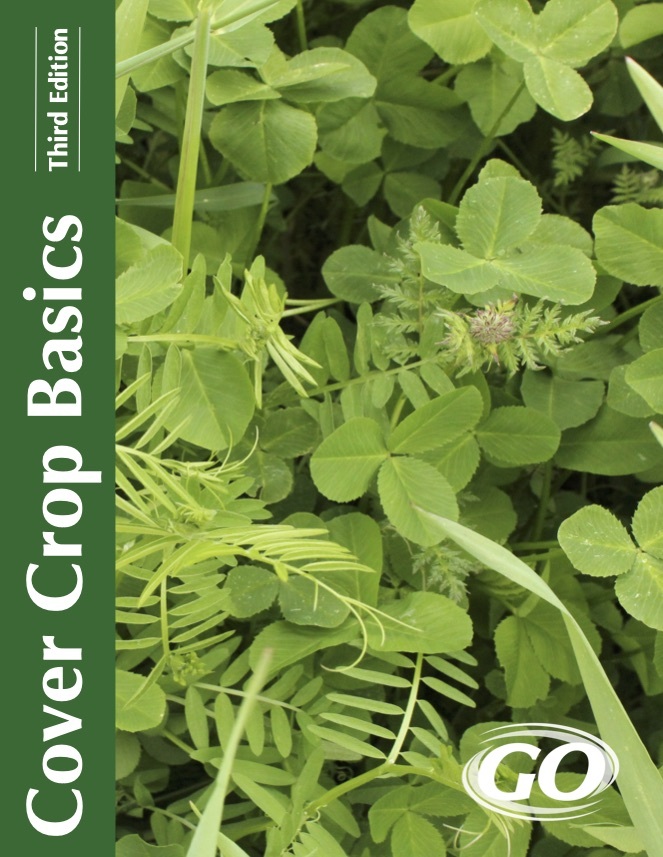Cover crops offer many potential benefits to a production field, including weed suppression, soil quality improvement, and soil water infiltration. These known benefits are only part of the equation; naturally produced allelochemicals from cover crops could suppress herbicide-resistant weeds and support a sustainable agricultural production system. Understanding the link between cover crop management and allelopathic dynamics can help avoid negative impacts on the growth and productivity of the subsequent row crop. It is important to determine the allelopathic compatibility of cover crop species with row crops before incorporating them into agronomic systems.


